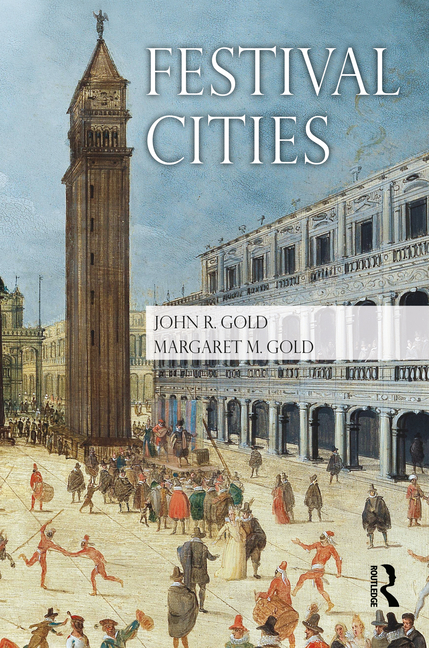
Festival Cities: Culture, Planning and Urban Life
| Quantity | Price | Discount |
|---|---|---|
| List Price | $120.00 |
$120.00
Book Information
| Publisher: | Routledge |
|---|---|
| Publish Date: | 12/04/2020 |
| Pages: | 324 |
| ISBN-13: | 9780415486552 |
| ISBN-10: | 0415486556 |
| Language: | English |
Full Description
Festivals have always been part of city life, but their relationship with their host cities has continually changed. With the rise of industrialization, they were largely considered peripheral to the course of urban affairs. Now they have become central to new ways of thinking about the challenges of economic and social change, as well as repositioning cities within competitive global networks. In this timely and thought-provoking book, John and Margaret Gold provide a reflective and evidence-based historical survey of the processes and actors involved, charting the ways that regular festivals have now become embedded in urban life and city planning.
Beginning with David Garrick's rain-drenched Shakespearean Jubilee and ending with Sydney's flamboyant Mardi Gras celebrations, it encompasses the emergence and consolidation of city festivals. After a contextual historical survey that stretches from Antiquity to the late nineteenth century, there are detailed case studies of pioneering European arts festivals in their urban context: Venice's Biennale, the Salzburg Festival, the Cannes Film Festival and Edinburgh's International Festival. Ensuing chapters deal with the worldwide proliferation of arts festivals after 1950 and with the ever-increasing diversifycation of carnival celebrations, particularly through the actions of groups seeking to assert their identity. The conclusion draws together the book's key themes and sketches the future prospects for festival cities.
Lavishly illustrated, and copiously researched, this book is essential reading not just for urban geographers, social historians and planners, but also for anyone interested in contemporary festival and events tourism, urban events strategy, urban regeneration regeneration, or simply building a fuller understanding of the relationship between culture, planning and the city.

